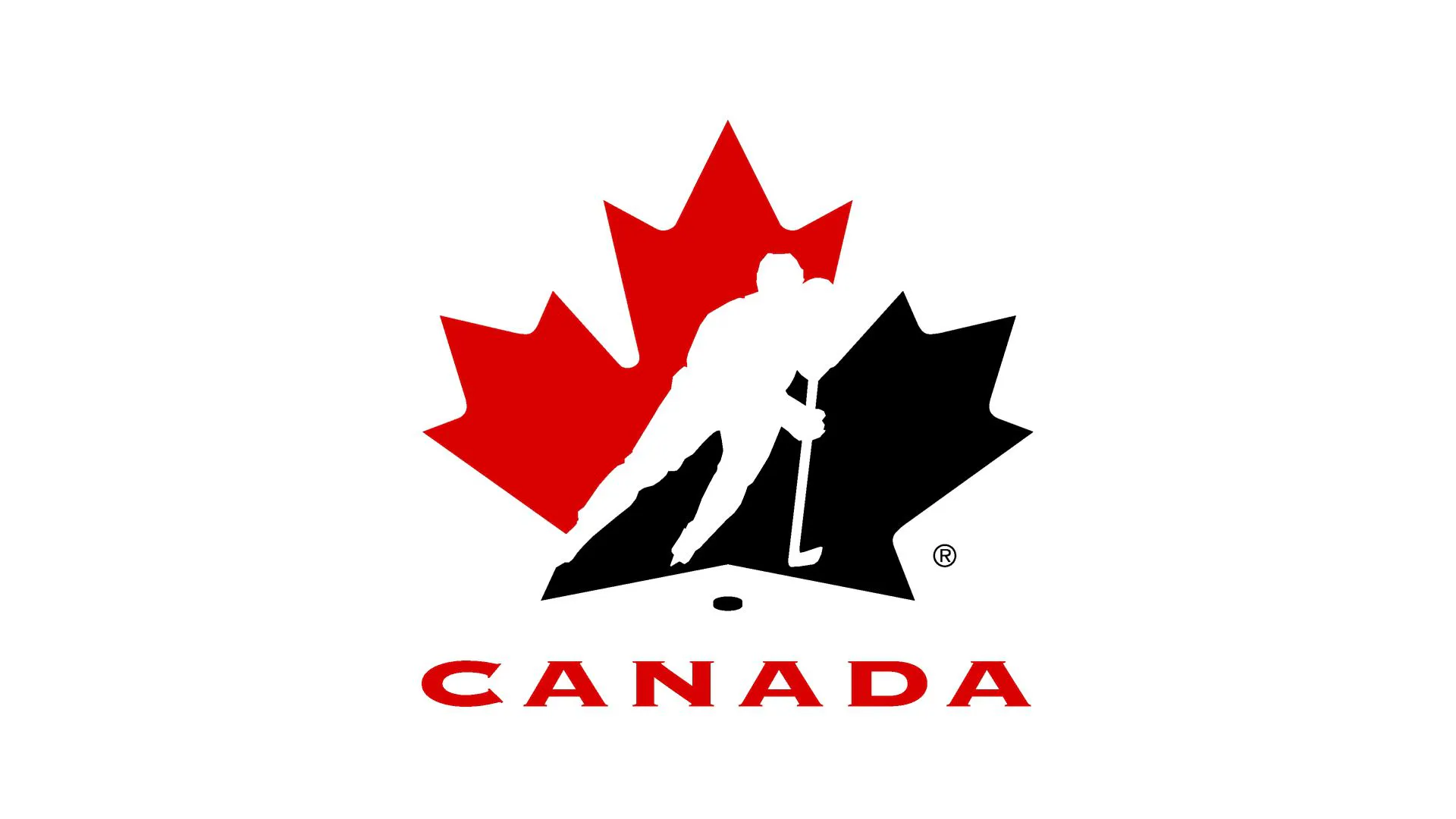Canadian Minister of Sport wants Hockey Canada to create a public sanctions registry

Carla Qualtrough, Canada’s federal minister of sport, is calling on Hockey Canada to create a public registry of misconduct sanctions for players, coaches and officials.
In an interview with TSN last week, Qualtrough said the organization should create a registry and encourage both provincial and territorial hockey associations to be transparent about those who have been previously banned or suspended.
Federal sport minister Carla Qualtrough is calling on Hockey Canada to create a public registry of misconduct sanctions assessed to players, coaches, and officials. Story from @rwesthead: tsn.ca/hockey-canada/…
“I think anything that adds to the system, another layer or level of transparency, is an excellent idea,” Qualtrough said, adding that a public registry would allow parents to “make informed choices about who they hire to coach their kids.”
The call to action comes as Hockey Canada deals with the fallout of five players from the 2018 World Junior roster being charged with sexual assault last month. The five players were Dillon Dube, Carter Hart, Alex Formenton, Michael McLeod and Cal Foote. The Canadian Press reported that court proceedings for the case have been adjourned until April 30.
Hockey Canada spokesperson Jeremy Knight said the organization’s staff is reviewing how to put together a sanctions registry.
“Hockey Canada continues to review the implications and concerns associated with having a public sanction registry,” Knight wrote in an email to TSN. “While we understand that most national and provincial sport organizations in Canada do not have such a public registry at this time, we are studying and evaluating possible options to be implemented in the future.”
TSN reported that some of the organizations they spoke with said they’re putting off creating a public registry because they don’t want to be sued for defamation by people whose names are posted.
“I think it’s the wrong perspective,” she said. “Quite honestly, I think that’s taking an organizational risk approach as opposed to human rights or an athletes’ rights or good governance approach.
“Of course there’s going to be risk, but imagine the risk to kids and athletes and the system if steps are taken,” she continued.